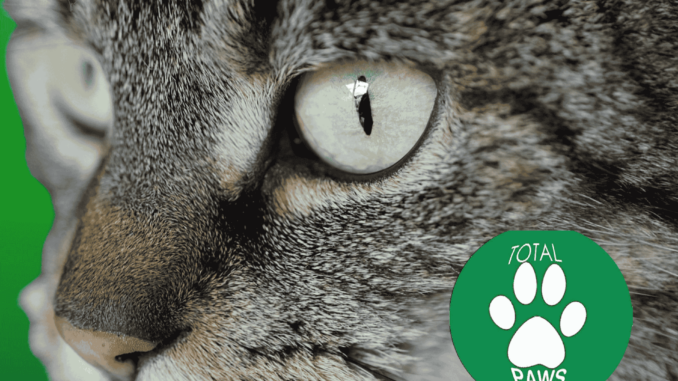
Feline obesity is a growing concern among cat owners. An overweight cat isn’t just a cosmetic issue; it can lead to serious health problems like diabetes, arthritis, and heart disease. If you’re wondering how to help your obese cat lose weight, here are some safe and effective strategies to get your feline back to a healthy weight.
1. Consult Your Veterinarian
Before starting any weight loss plan, consult your vet. They can rule out underlying medical conditions, such as hypothyroidism or metabolic disorders, and recommend a tailored weight loss plan for your cat.
2. Monitor and Adjust Their Diet
Switch to a high-protein, low-carbohydrate diet designed for weight management. Avoid free-feeding; instead, provide measured portions at set times. Wet food can be more satisfying for cats while providing fewer calories. Always follow your vet’s dietary recommendations.
3. Encourage Regular Exercise
Physical activity is essential. Use interactive toys, laser pointers, or feather wands to engage your cat in active play sessions. Consider puzzle feeders that stimulate their hunting instincts while promoting movement. Gradually increase playtime to 15-20 minutes daily.
4. Track Progress
Regularly weigh your cat to monitor progress. Aim for a gradual weight loss of 1-2% of their body weight per week. Sudden weight loss can be dangerous, leading to hepatic lipidosis, a serious liver condition.
5. Create a Stimulating Environment
Add climbing trees, scratching posts, and perches to encourage natural behaviors and movement. Rotating toys can also keep your cat mentally stimulated and physically active.
6. Avoid Treat Overload
Limit treats to no more than 10% of your cat’s daily caloric intake. Opt for healthy, low-calorie options, and use small pieces to reward active behavior instead of passive lounging.
Helping your obese cat lose weight requires patience, consistency, and commitment. With the right approach, you can improve your cat’s health, enhance their quality of life, and enjoy more active, playful years together.





Facebook Comments